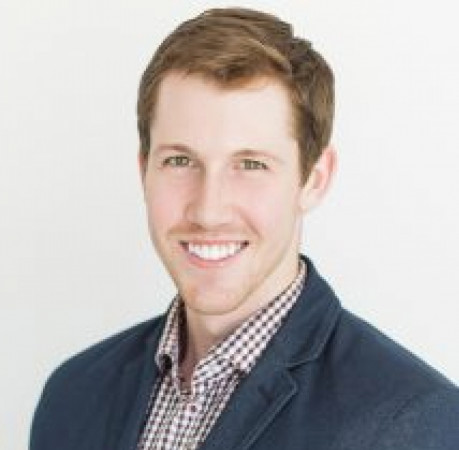This date marked the end of my first year of residency. Coincidentally, block one of PGY-2 had me spending much of my time rounding on the same ward I began my residency on just a year ago. I subsequently began to reflect on the last year and my thoughts raced as I recalled all of the new first experiences:
- Entering my first order
- Learning how to use a new EMR
- Experiencing imposter-syndrome while introducing myself as “doctor” for the first time
- Doing in-house call alone and being too anxious to get any real rest
- Having to call the family member of a dying patient, update them and suggest they come to the hospital as soon as possible
- The list goes on…
The thing about medical training is that new roles and responsibilities come to trainees quickly. While we can study books to build our knowledge and develop skills through simulations, the emotional impact of situational exposures with our patients is difficult to predict. Despite studying my ACLS algorithms to a tee, witnessing loss of life while attending my first code blue affected me in a range of ways I could not fathom.
The number of things that can lead to stress in residency is overwhelming and the mix of emotions experienced on any given day when gone unrecognized can contribute to exhaustion. I found that taking the time to understand these stressors and consciously reflect on exactly what made me unsettled, enabled me to better address and manage my own stress going forward. Nevertheless, effective strategies for dealing with stress are different for everyone and continue to be a work in progress for me.
That being said, while there was considerable discomfort associated with many of the first experiences of the PGY-1 year, repetition is a common theme in medical training. As I continued to reflect, I began to think about how these experiences felt the second, third and fourth times around. With each exposure, stress tends to fade as comfort grows. I learnt to navigate EMRs with ease, became comfortable in my role as a resident physician, gained confidence in responding to most overnight pages and began to develop grace in sensitively navigating some of the most difficult conversations.
To the new resident physicians of Alberta, it is important to recognize that our role is difficult, demanding and will push you in innumerable ways, but at the same time, your personal growth over the next year will be enormous. Although it will be challenging, residency can be a very rewarding journey – take time to acknowledge your development and let it inspire the trajectory of where you would like to go in the future.
In closing, welcome to the PARA community and we look forward to working with you in the coming years!




Be the first to leave a comment!